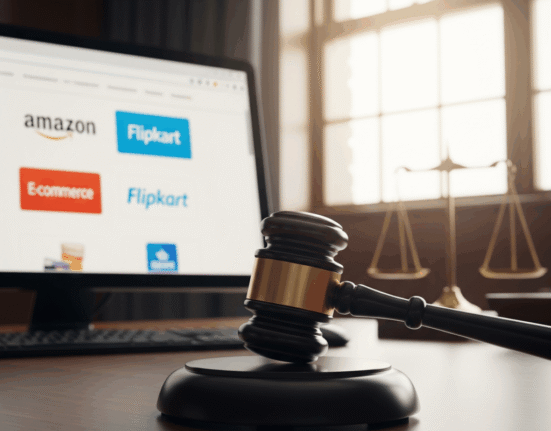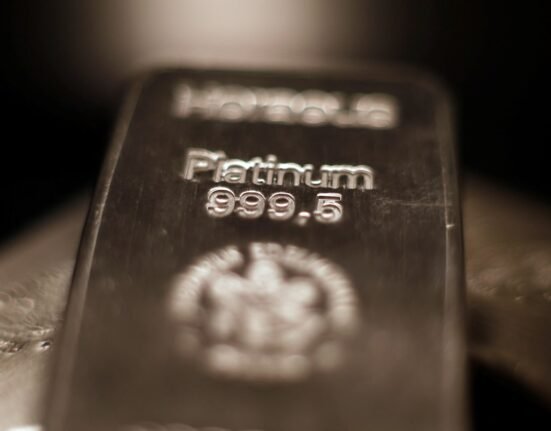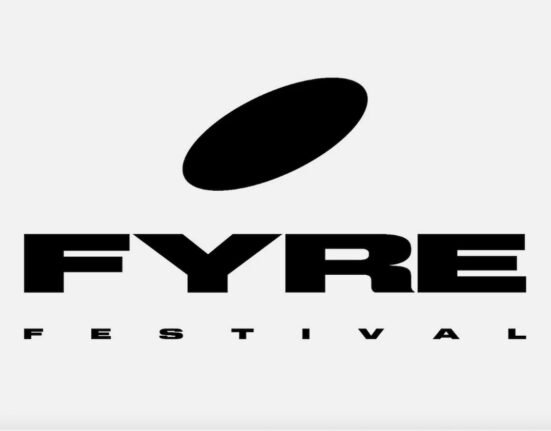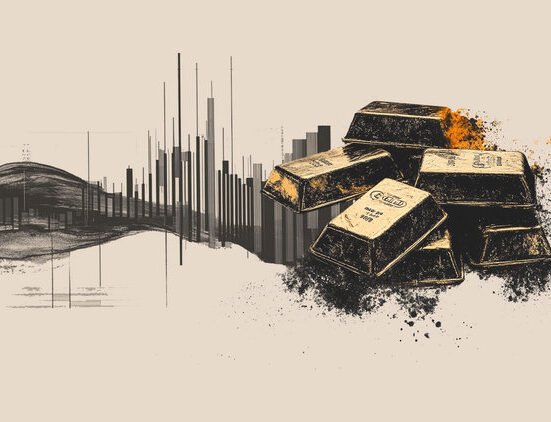Months after a law governing Cuba-confiscated trademarks was enacted to address a dispute over an iconic rum brand, a fight over a beer trademark exposed uncertainty a federal judge is being pressed to clarify.
The No Stolen Trademarks Honored in America Act, enacted in December, bars enforcement of any trademarks of companies taken over by the communist government after the 1959 revolution unless the original owner or a successor approves. A federal court hearing a dispute with roots in confiscated Cuban beer company La Tropical is weighing arguments over dueling theories on who can invoke the law, with dramatic consequences for its reach riding on the outcome.
If only wronged business owners and their successors can rely on the law, as Heineken NV subsidiary Cerveceria La Tropical contends, few entities could ever invoke it. If anyone can, as California brewer Soltura LLC argues, every stolen Cuban trademark is essentially unprotectable and free for anyone to use until a successor claims rights.
The disparate interpretations “could have a chilling effect” on using Cuban marks or declare “open season,” IP attorney Steven Stein of Greenberg Glusker Fields Claman & Machtinger LLP said.
“It’s often the case that statutes are imperfectly drafted, and it’s not anticipated how they’ll be invoked,” he said. But who can claim the law’s protection is a “fundamental, basic principle.”
Even if the law was clearer on standing, who qualifies as a “successor-in-interest” presents another difficult question. The degree of connection to businesses confiscated 65 years ago that would have to be established to enforce long-dormant trademarks—which customarily expire when unused for three years—presents another novel question.
“The law could have been drafted better,” Stein said.
‘Spirit of the Act’
A 1998 law already banned courts from validating confiscated Cuban trademarks asserted by foreign nationals absent the original owner’s approval. The new law expanded that ban to all federal agencies and covering confiscated marks asserted by anyone.
The law was written to address a decades-long “Havana Club” rum fight between Bacardi—which acquired rights from the family that owned the confiscated business—and Cuba’s French business partner Pernod Ricard SA. But it immediately embroiled litigation between Soltura and La Tropical.
Soltura began selling Cerveza Palma beer “inspired by the number #1 selling beer in Cuba” in 2018, using green cans with a diagonal red stripe and an oval logo with a palm tree—nearly identical to cans of Cerveza Cristal sold in Cuba. La Tropical launched Cerveza Tropi Crystal in 2023, in white cans that also feature green and a red diagonal stripe. La Tropical sued for a declaration of noninfringement of Soltura’s trademark rights in November 2023.
Soltura disputes La Tropical’s claim it acquired legitimate successor rights and said the new law eviscerated La Tropical’s rights. But the Heineken subsidiary countered that Soltura lacks standing as the law can be invoked only by the mark’s original owners or successors.
There’s “no clear textual barrier” on who can rely on the law, so “the court has some discretion to assess Soltura’s standing,” IP attorney Frederic Rocafort of Harris Sliwoski LLP said in an email. Policy concerns raised by Soltura—that cases could arise where no one can challenge stolen trademarks—could resonate with the court as it “would appear to be in the spirit of the act,” he wrote.
But Darius C. Gambino of Saul Ewing LLP said the act’s purpose is restoring rights stolen by the Cuban government.
“A court would look at it in that backdrop and say, ‘Who was it intended to protect?’” Gambino said. “It’s a law only for those people or entities that had brands in 1950s Cuba and had to flee.”
“As a practical matter this law may not have much in the way of teeth,” Stein said. He wasn’t sure where the court would land, but agreed the statute seems designed to protect wronged business owners and their successors—adding that limiting the law’s beneficiaries may not be inherently bad.
“Sometimes laws can be good even if they don’t have far-reaching implications,” he said.
Soltura faces another threat: success. Negating La Tropical’s rights to enforce its trademark would also sink its own, attorney Coby Nixon of Buchalter APC noted. Anyone else could copy elements of the original trademark Soltura’s using because it would have no recourse to enforce its mark.
That position is ultimately self-defeating, Nixon said. “How do you protect customers from confusion?”
‘Stale’ Evidence, Unclear Law
If the court decides only those who trace rights to pre-revolution owners can enforce the law, the next question is who qualifies.
“My belief is that a court would be pretty liberal in determining successor-in-interest,” Stein said. But sorting out successor rights to a business shut down during the Eisenhower administration will be “tricky,” he added, because it involves evidence that’s “going to be pretty stale.”
Pre-revolution Cuban inheritance and succession law could also come into play, attorneys said.
“Do we have the power to really say who is a successor-in-interest under Cuban law?” Gambino said. “I don’t think we do. And that’s where the act gets complicated.”
The new law will likely affect few brands beyond Havana Club and La Tropical. Lawmakers cited 5,000 brands as confiscated during the Cuban revolution, but few have any value in the US now, Nixon said. To be safe, anyone who does want to revive—and enforce—an old Cuban brand would need to track down successor rights as defined under the as-yet-unclear law.
“You’d have to do incredible due diligence to make sure you get consent of the original owners to meet the requirements of the statute if you’re going to invest in the mark and assert rights in it,” Nixon said.
The case is Lagunitas Brewing Co. et al v. Soltura LLC, S.D. Fla., No. 1:23-cv-24350.







